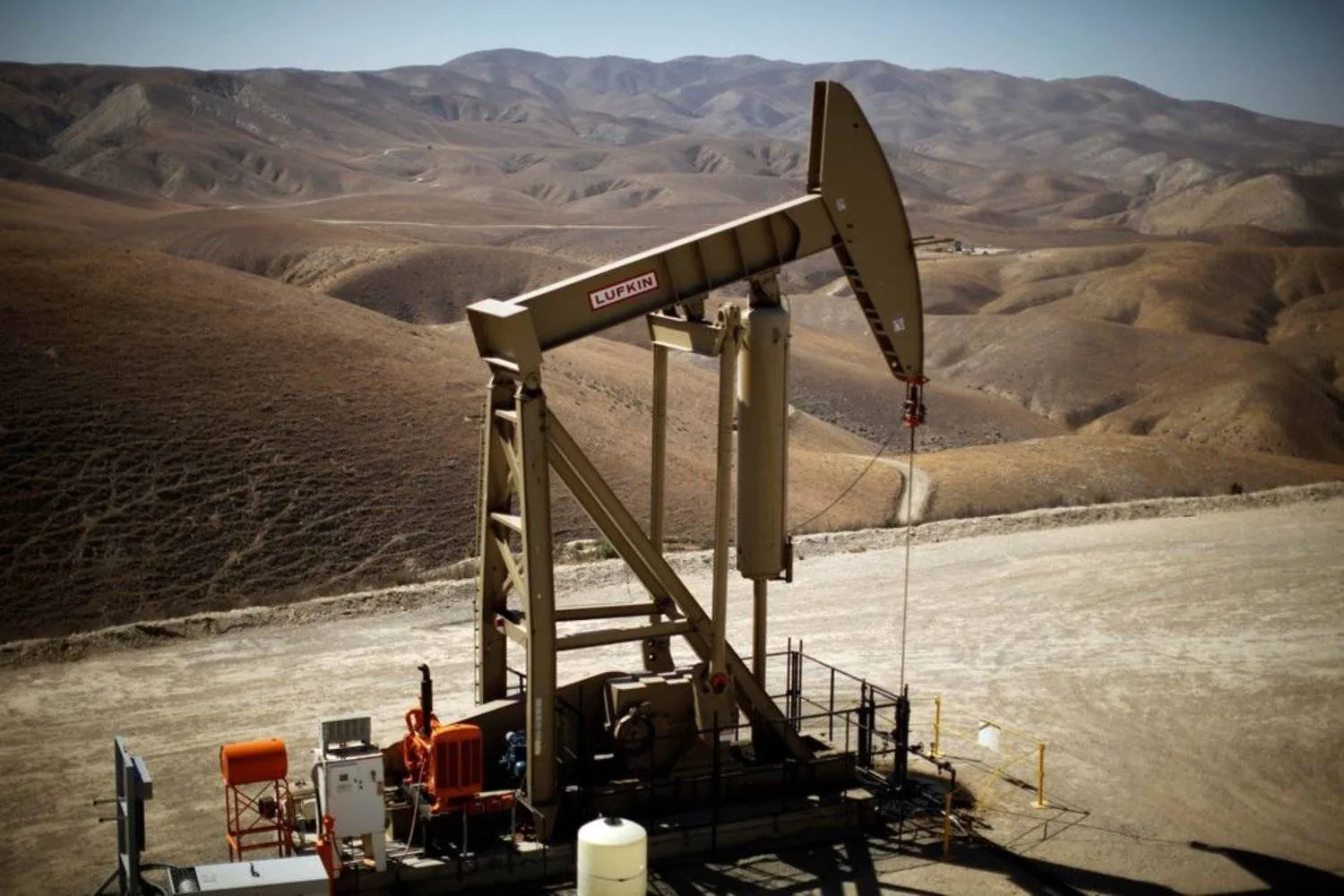Oil steadied on Wednesday, supported by OPEC+ cuts and uncertainty over what may happen next in the Middle East conflict, although an outlook for ample supply next year added downward pressure.
Crude fell more than 4% to a near two-week low on Tuesday in response to a weaker demand outlook and after a media report said Israel would not strike Iranian nuclear and oil sites, easing fears of supply disruptions.
Brent crude oil futures were down 33 cents, or 0.4%, at $73.92 a barrel by 1110 GMT. US West Texas Intermediate crude futures lost 38 cents, or 0.5%, to $70.20, according to Reuters.
Still, concern about an escalation in the conflict between Israel and Iran-backed militant group Hezbollah persists. OPEC+ supply curbs remain in place until December when some members are scheduled to start unwinding one layer of cuts.
"We would be somewhat surprised if the geopolitical risk premium has disappeared for the time being," said Norbert Ruecker of Julius Baer.
"We see the market heading towards a supply surplus by 2025," he added.
On the demand side, the Organization of the Petroleum Exporting Countries and the International Energy Agency this week cut their 2024 global oil demand growth forecasts, with China accounting for the bulk of the downgrades.
Economic stimulus in China has failed to give oil prices much support. China may raise an additional 6 trillion yuan ($850 billion) from special treasury bonds over three years to stimulate a sagging economy, local media reported.
"Monetary and fiscal efforts to revive the Chinese economy are proving a damp squib," said Tamas Varga at oil broker PVM.
Coming up is the latest US oil inventory data. The American Petroleum Institute's report is due later on Wednesday, followed by the government's figures on Thursday. Both reports are published a day later than normal following a federal holiday.
Analysts polled by Reuters expected crude stockpiles rose by about 1.8 million barrels in the week to Oct. 11.









